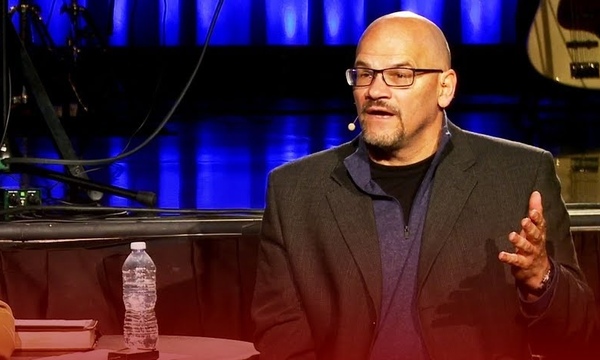As food insecurity continues to rise in America’s college campuses, Biola’s Basic Needs Committee launched the BiolaShares program to ensure that no student in the Biola community lacks basic necessities, such as food and books, to succeed. The Basic Needs Committee was formed in partnership with Bon Appetit, Commuter Life, Student Enrichment and Intercultural Development (SEID), the Student Government Association (SGA) and Student Success.
College hunger is not a new issue, but it appears to be growing worse, as reported by the Washington Post. According to “a first-of-its-kind survey” released on April 2, 2018, by researchers at Temple University and the Wisconsin HOPE Lab, 36 percent of students at 66 surveyed colleges and universities do not get enough to eat, and a similar number lack a secure place to live.
Biola desires to alleviate these issues by continuing to launch new initiatives supporting the academic success of every student. The committee seeks to develop collaborative, community-based options to increase retention and provide equitable access to a Biola education for all students.
Students at Biola may find themselves having to decide whether to forgo meals in order to pay for textbooks or other living expenses. Food insecure students are also more likely to face housing insecurity such as difficulty paying rent or utility bills, according to the survey.
To address these issues on campus, the Basic Needs Committee launched the following initiatives under the BiolaShares program:
- Lending Library: Students are invited to borrow textbooks from the Lending Library housed in the Mosaic Cultural Center at Biola. This service is mainly to be used by students for whom buying or renting textbooks is a financial hardship. All students are invited to donate their textbooks at the end of each semester to the library.
- Meal Donation Campaign: Students donate meals from their meal plan to go into a “meal bank” from which designated staff are able to place meals on the cards of students who are identified as being food insecure.
- Free snacks and light meals are available in designated cupboards in the Mosaic Cultural Center kitchen and the Collegium reception area for off-campus students.
- Pop-Up Food Pantry: The Pop-Up is located in the Upper Student Union Building (SUB) Conference room and is open to any undergraduate or graduate student who would benefit from its services during the school semester.
“It has been a true joy to work within a community that seeks to provide every measure possible to make sure that every student at Biola has the available resources and means to flourish and thrive during their Biola college experience,” said Meleca Consultado, director of SEID. “... It truly is a campus-wide, cross departmental effort to help meet the basic needs of our students and ultimately impact their holistic experience here at Biola.”
These programs have already begun to make an impact in Biola’s community. In less than four weeks of operation, the BiolaShares Pop-Up Food Pantry served over 375 students, and in this academic year alone, over 600 meals were donated to the Meal Donation Campaign. As the years progress, the committee hopes that these programs keep developing and enhancing the educational experience for all students.
For more information, please visit the Student Enrichment and Intercultural Development website.
Written by Alisa Ohara, media relations intern. For more information, please contact Media Relations at media.relations@biola.edu.
 Biola University
Biola University
_(1).jpg)

_(1).jpg)